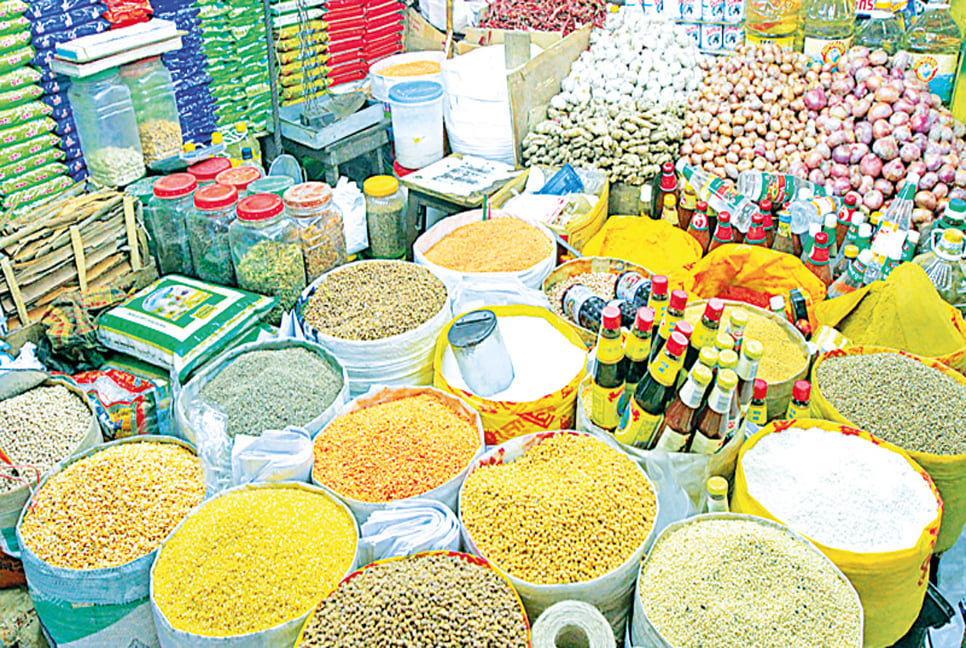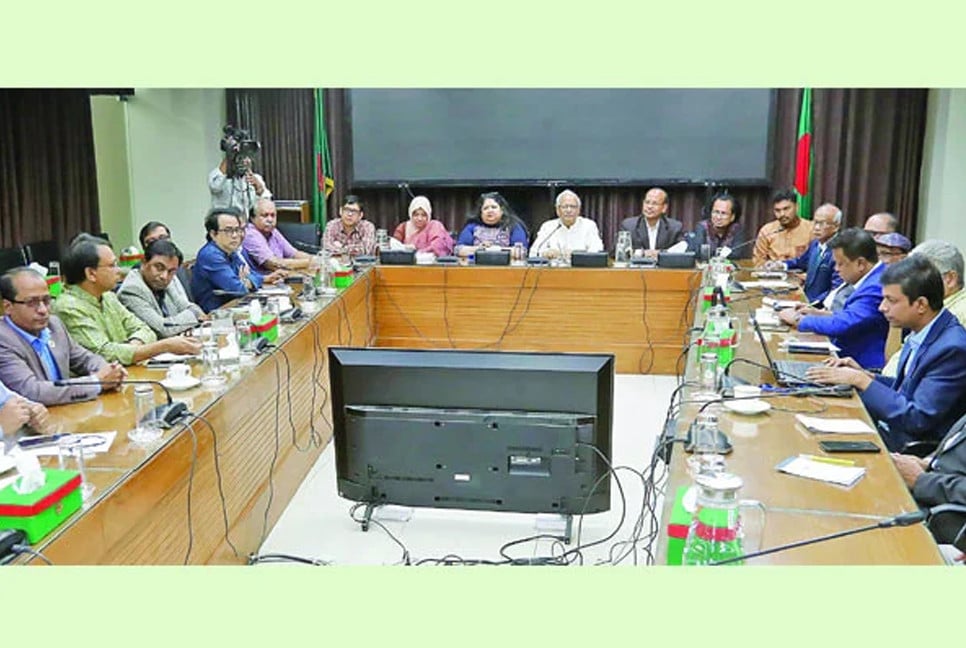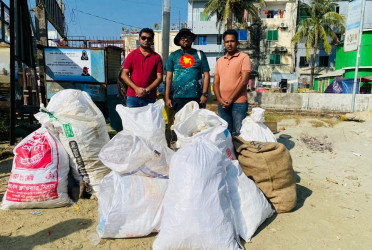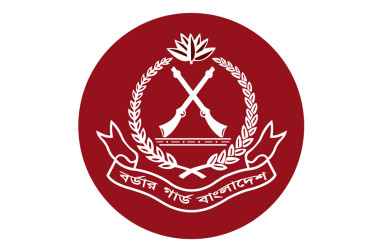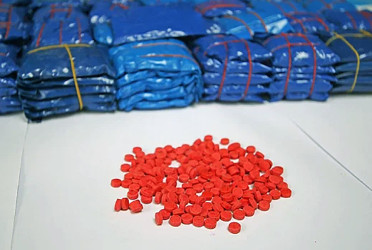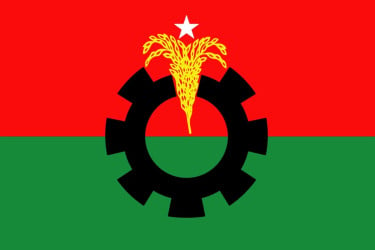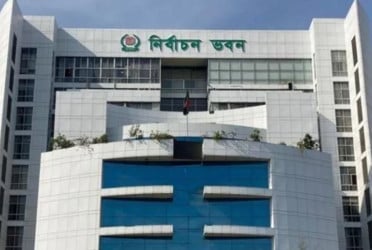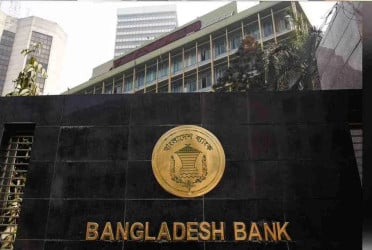Fear has been created regarding the commodity price in upcoming month of Ramadan as some vested group are engaged to hike the price of commodity by forming syndicate. Hence, the mass people are very anxious about it like what they do every year.
According to the experts, if proper preventive measures are not taken right now, the people have to face sufferings from the syndicate. So, there’s no alternative other than conducting operation against the illegal hoarders of commodity products.
Commerce minister Ahsanul Islam Titu said, “The commodity price will be kept under control prior to the Ramadan. All the required steps have to be taken in this regard. Sufficient amount of food products are in stock for the upcoming Ramadan. Though, India has been kept the export of foods stopped for long time, sugar and onions will be imported from India prior to the Ramadan as per discussion with Indian commerce minister. 20,000 tons of onions and 50,000 tons of sugar will be imported from India very soon. The export tax will be reduced in this purpose. In addition, sugar and other products are coming into the country from Brazil and a few countries.”
Market analysts say that despite taking various measures including market monitoring by the government, the prices of products in Ramadan market remain unregulated. When Ramadan approaches, a class of dishonest traders increases the prices of daily commodities. Although the government has taken various initiatives to control the market, it does not bring benefits. Syndicate exists in all fields of rice, pulses, sugar and soybeans trading. Despite sufficient supply, unscrupulous syndicates raise prices for various reasons. If it rains, the price increases; even if it doesn't, the price also increases. Regardless of whether the price is low or high in the international market, unscrupulous syndicates raise the prices at will. The government should be strict against the vicious circle for the sake of uninterrupted fasting of people during Ramadan.
It is known that various initiatives have been taken by the government to stop the disorder of dishonest syndicates and to keep the goods within the purchasing limit. Apart from monitoring, special operations, mobile courts, jail-fines are also done to keep the market stable. Despite all this, the disorder of the syndicate seemed to be never stopped. About the reason, the traders said, “When the market monitoring people come, the products are sold at the fixed price. Only after the end of the monitoring hours, we buy and sell again at our price.”
According to the Department of Consumer Rights Protection, due to faulty marketing system in the country, the price of the same product is inflated through various exchanges. Illegal hoarding of products creates supply chain problems. Unscrupulous traders slow down the supply system in the market by creating artificial crisis. For this, dishonest traders will be brought under the law and punishment will be given. Criminals are identified as criminals, not businessmen. In case of unreasonable price increase of any consumer goods during Ramadan, the department will take appropriate action.
According to government data, stocks of daily commodities in the country are adequate. There is no logical reason to increase the price. The government is thinking of selling edible oil, sugar, chickpeas, onions, pulses and dates at fair prices during Ramadan. To meet the necessity of Ramadan, the demand, production and import of all daily commodities including edible oil, gram, ginger, garlic, dates are being reviewed and stocked so that there is no shortage of commodity products in Ramadan and people can purchase at reasonable price. That's why multiple organizations are doing strict monitoring.
Director General (DG) of National Consumer Rights Protection Directorate AHM Shafikuzzaman said, "There are enough daily commodities in the country and should be no shortage in Ramadan. We are going to root level. If someone has illegal stockpiling, I am looking at those issues. The campaign against illegal hoarders will continue.”
He said, "We are strengthening our monitoring system around Ramadan. We are going to the root level to inquire about these issues where various products are stocked. We’re discussing on how to control the price of products. Various organizations are also working in this regard.”
General Secretary of Bangladesh Economics Association Professor Dr. Ainul Islam said, "A separate specialized market can be created to control the syndicate of commodity prices during Ramadan. There fish, meat, milk, eggs and other products can be sold in Ramadan at cheap prices like what the Department of Fisheries and Livestock does.”
He said, "To keep our market in order during Ramadan, the activities of TCB should reach more people. Along with that, the government's control in the agricultural sector should be increased.”
(The report was published on print and online versions of The Bangladesh Pratidin on January 27 and rewritten in English by Lutful Hoque Khan)

